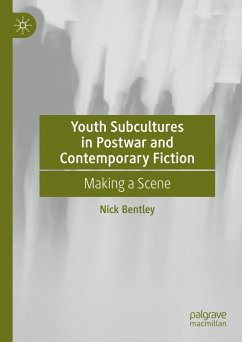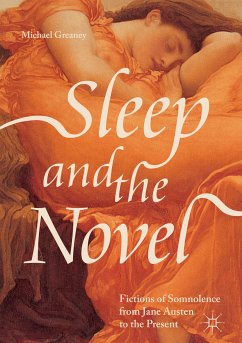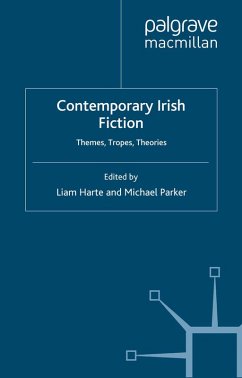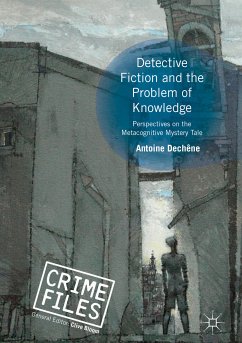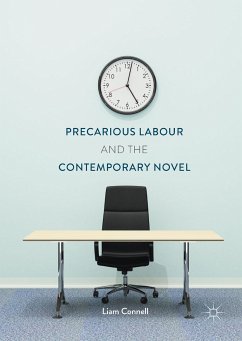
The Aesthetics of Anthony Burgess (eBook, PDF)
Fire of Words
Versandkostenfrei!
Sofort per Download lieferbar
72,95 €
inkl. MwSt.
Weitere Ausgaben:

PAYBACK Punkte
36 °P sammeln!
Considers Burgess's fiction in toto, and offers readers a route into his fiction which takes account of his entire literary achievement and the substantial recent academic attention it has achievedDespite the sustained interest in Burgess's fiction, there has been a curious paucity of book literary scholarship about his literary workPosits three first principles - that Burgess posited a fundamental duality which can aesthetically be expressed by reference to Nietzsche's opposition of Dionysus and Apollo; that Burgess wrote extensively about artists and the artistic impulse; and that Burgess of...
Considers Burgess's fiction in toto, and offers readers a route into his fiction which takes account of his entire literary achievement and the substantial recent academic attention it has achieved
Despite the sustained interest in Burgess's fiction, there has been a curious paucity of book literary scholarship about his literary work
Posits three first principles - that Burgess posited a fundamental duality which can aesthetically be expressed by reference to Nietzsche's opposition of Dionysus and Apollo; that Burgess wrote extensively about artists and the artistic impulse; and that Burgess often included avatars of himself in his own works
Despite the sustained interest in Burgess's fiction, there has been a curious paucity of book literary scholarship about his literary work
Posits three first principles - that Burgess posited a fundamental duality which can aesthetically be expressed by reference to Nietzsche's opposition of Dionysus and Apollo; that Burgess wrote extensively about artists and the artistic impulse; and that Burgess often included avatars of himself in his own works
Dieser Download kann aus rechtlichen Gründen nur mit Rechnungsadresse in A, B, BG, CY, CZ, D, DK, EW, E, FIN, F, GR, HR, H, IRL, I, LT, L, LR, M, NL, PL, P, R, S, SLO, SK ausgeliefert werden.






